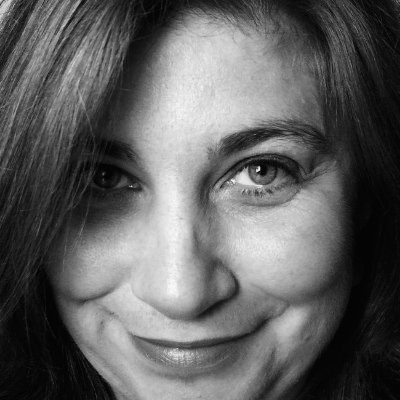Horace Walpole–died #OTD 1797–"served his country, not by drudgery in the Exchequer & Customs, which paid him, but by transmitting to posterity an incomparable vision of England as it was in his day… the machinations of politicians & the turmoil of elections." Plus ça change.
GF Handel–born #OTD 1685–whose father took every measure to oppose his early propensity for music. He forbade instruments at home & prevented him from visiting any house where they might be found… but young Handel hid a spinet in the attic which he played while his family slept.
Henry Fuseli–born #OTD 1741–rarely drew the figure from life, basing his art on study of the antique & Michelangelo. He only ever painted two portraits, one being of Mary Wollstonecraft, who pursued him determinedly: "I hate clever women. They are only troublesome".
The Great Picture was commissioned in 1646 by Anne Clifford–born #OTD 1590–& depicts significant elements about her life & succession to her paternal inheritance, gained after a lengthy legal dispute. She is shown as a girl & a mature woman, either side of her parents & brothers.
W.B. Yeats–died #OTD 1939–had often discussed his death, & his express wish was that he be buried quickly in France with a minimum of fuss. "If I die, bury me up there [at Roquebrune] & then in a year's time when the newspapers have forgotten me, dig me up & plant me in Sligo."
Renowned bowler & circumnavigator, Francis Drake was buried at sea in a lead coffin & full suit of armour #OTD 1596, a few miles off the Panama coastline, & supposedly near the wrecks of two British ships. Though divers continue to search, his body has never been recovered.
“No man is an island, entire of itself; every man is a piece of the continent, a part of the main.” – John Donne, born #OTD 1572, whose earliest poems showed a developed knowledge of English society coupled with sharp criticism of its problems.
Rosalba Carriera–born #OTD 1673–began by painting miniatures for snuff-box lids. At its zenith, her work informed the new aristocratic tastes of the French court & the tastes of Parisians. Her freedom, colourfulness &charms embodied the Rococo style which soon dominated the arts.
Characterised by a refined sensuality & often elongation of forms, Parmigianino–born #OTD 1503–distorted nature for his own artistic purposes in his Madonna with the Long Neck to create a typical Mannerist figura serpentinata. The Christ child is also extremely large for a baby…
Today is St Distaff's Day, when medieval women resumed spinning after the festivities – drop spinning during day & wheel spinning in evening. However, there was never actually a saint named Distaff, the word jokingly refers to a tool used for spinning.












